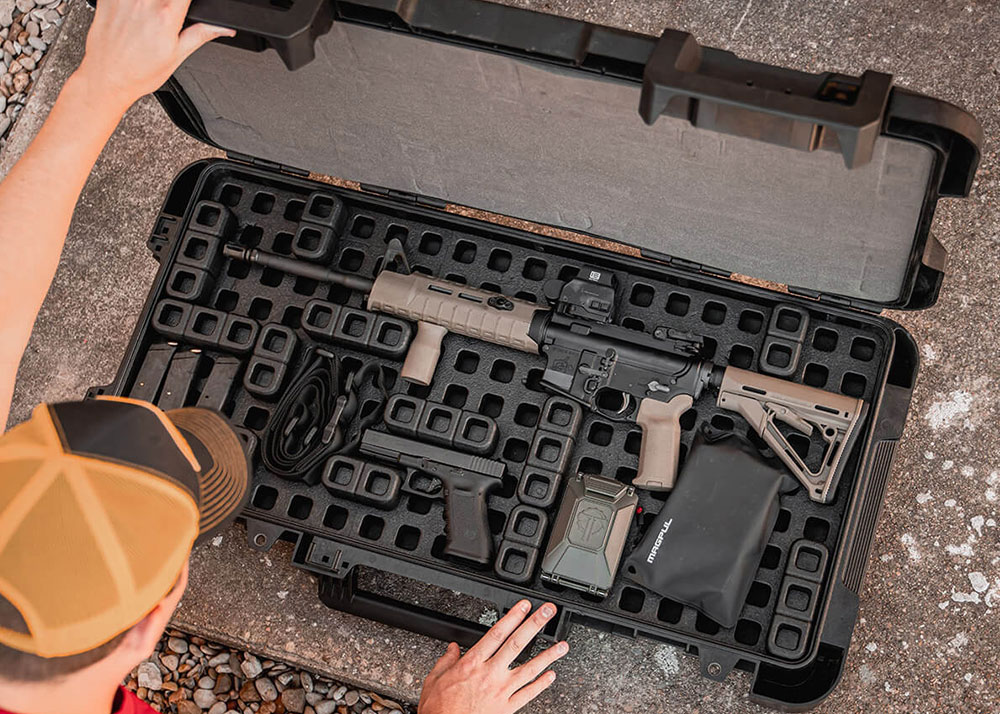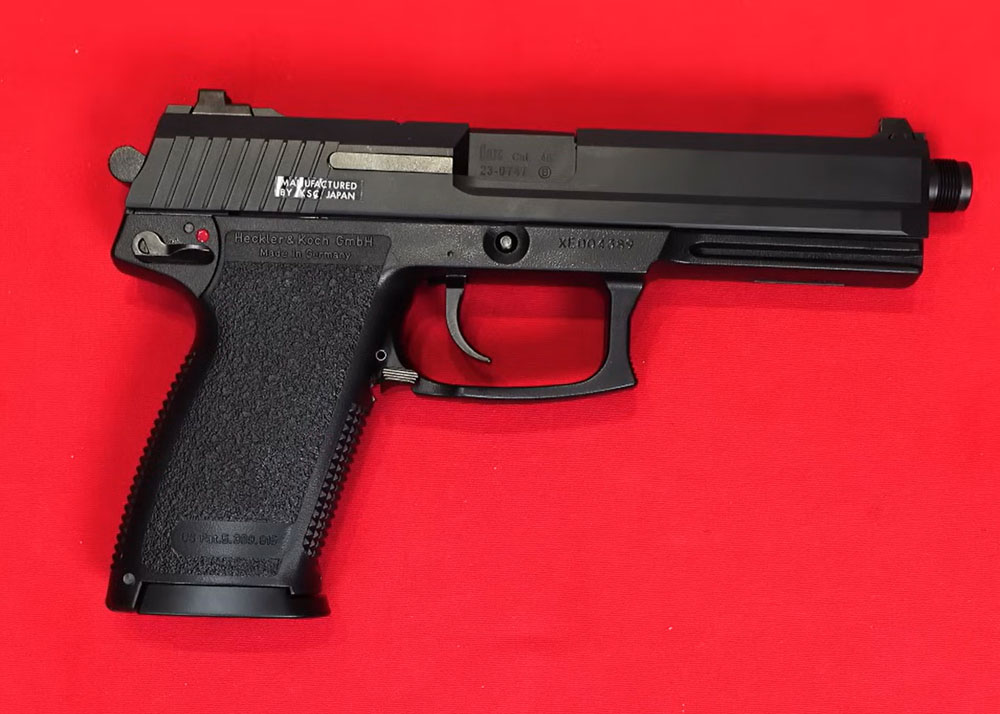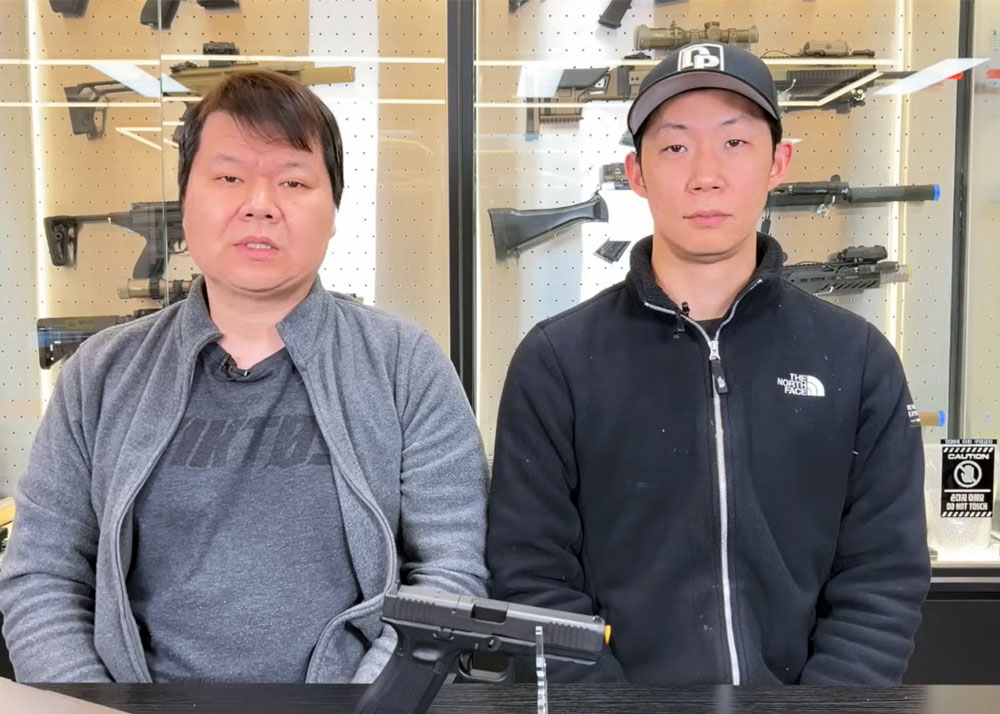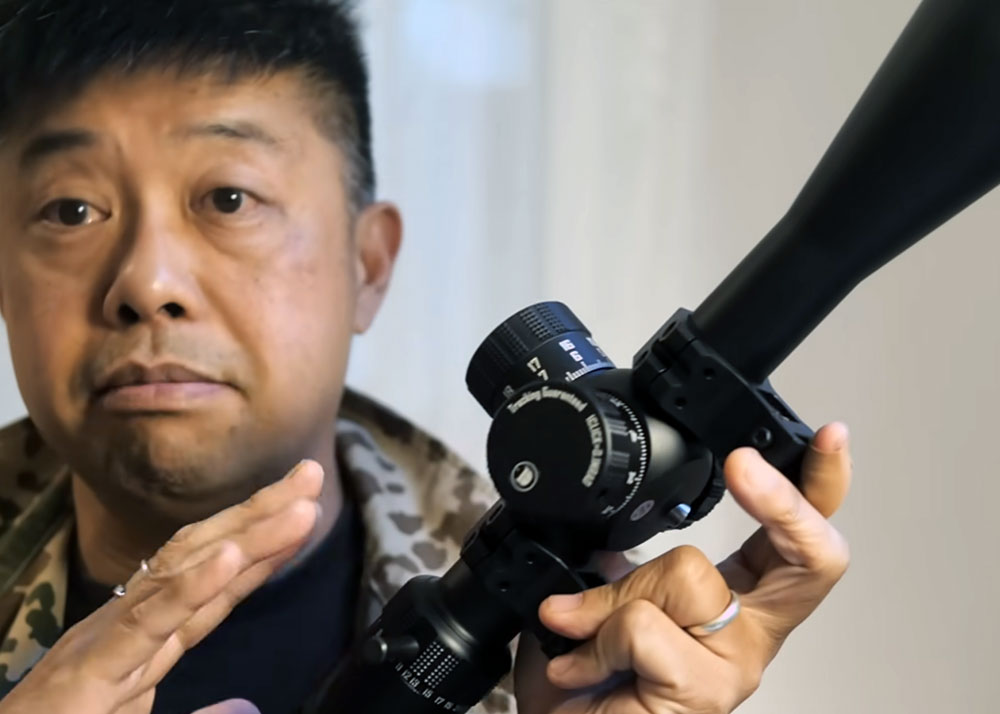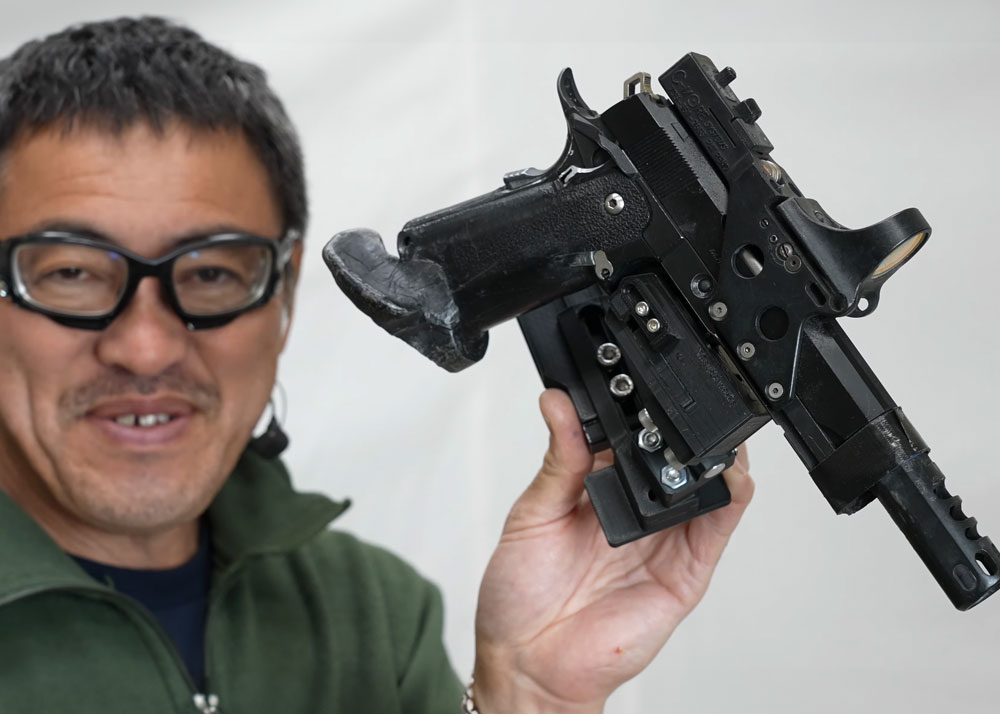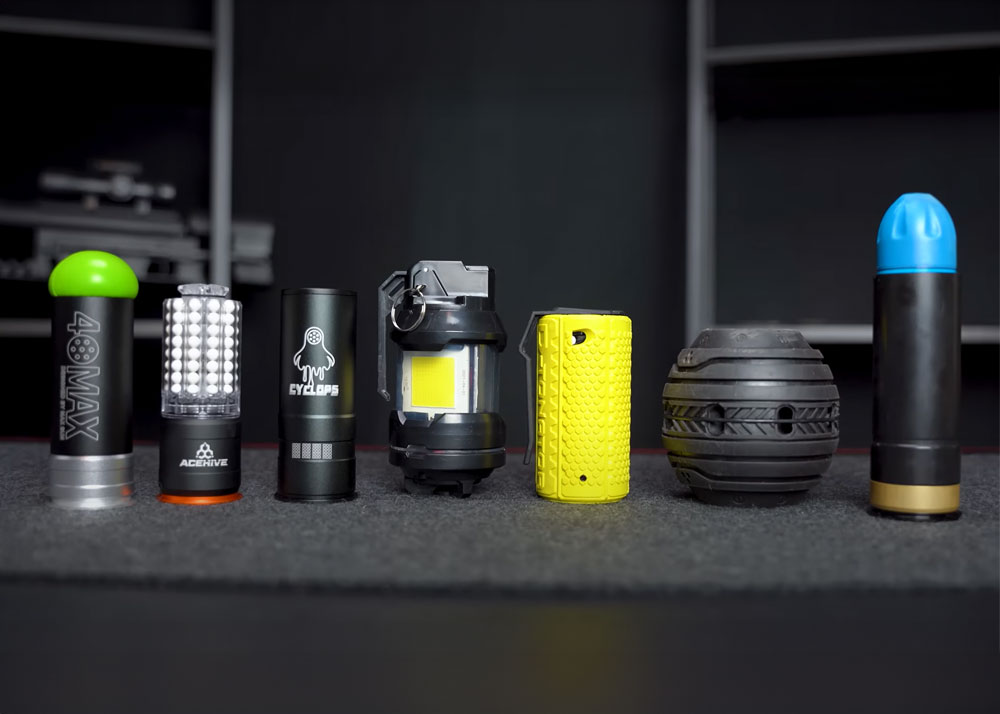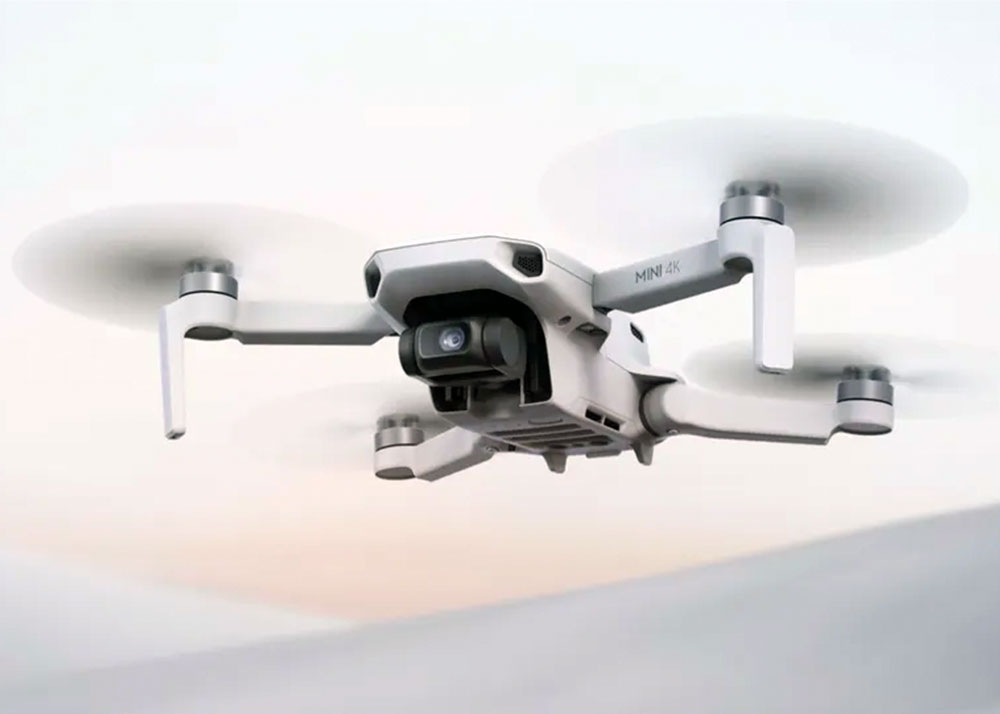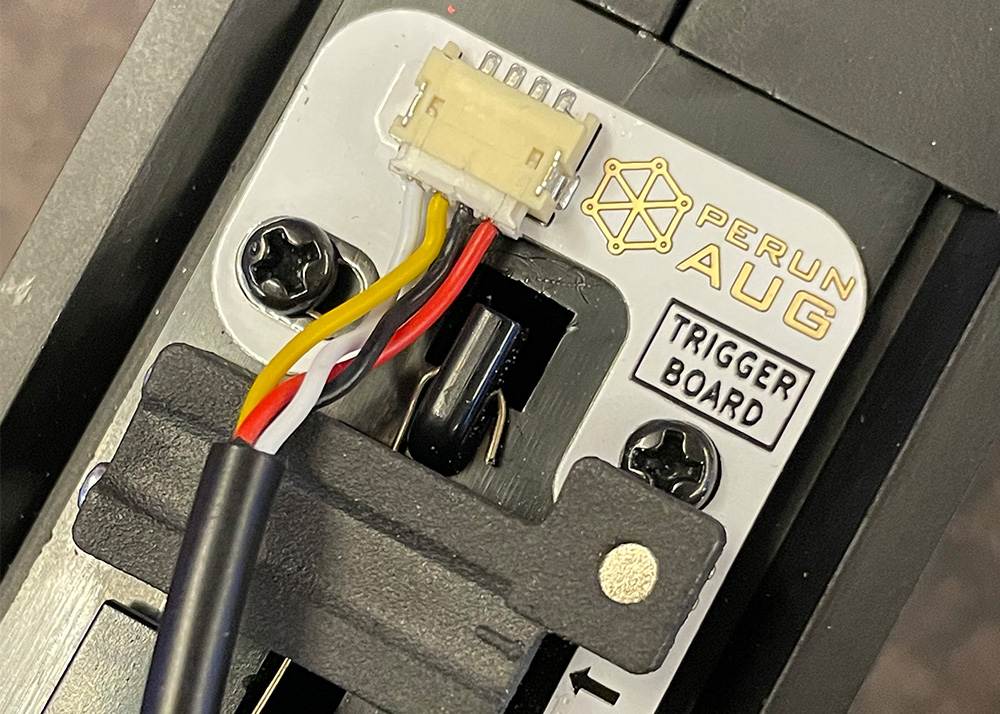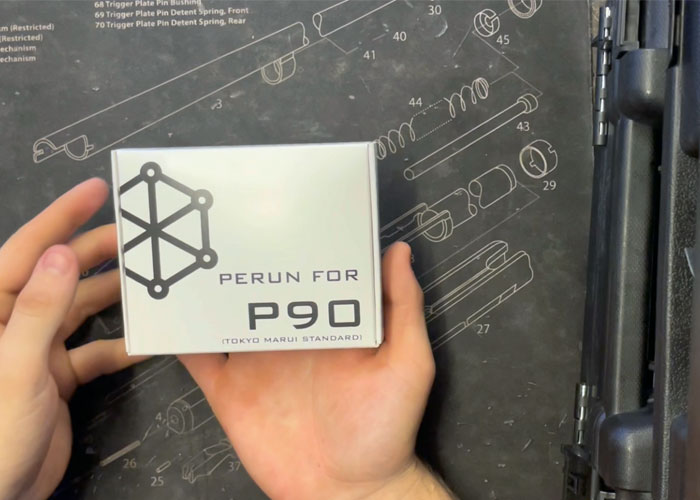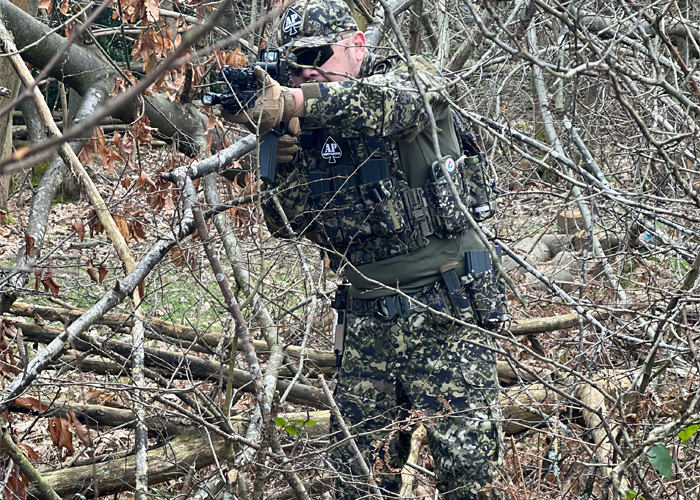Night Vision Contact Lenses Using Infrared May Be Closer Than You Think
Gungho Cowboy
21 Mar 2014

"Then you got to get sent to a slam, where they tell you you'll never see daylight again. You dig up a doctor, and you pay him 20 menthol Kools to do a surgical shine job on your eyeballs." --- That's how Riddick (Vin Diesel) get to have his eyes with night vision capability if you're wondering how you can get such for yourself.
It's an idea that we humans want, as we grow to be afraid of the dark and envy animals who get that capability. Human innovation has been evolving for us to own the night with night vision technology that's been growing leaps and bounds. From the heavy and cumbersome night vision goggles to lighter ones, we might be get be closer to having that Riddick night vision capability without being sent to prison and find a surgeon to do it for a pack of cigs.
That technology might be available in contact lenses sooner than we think as a breakthrough in sensors and Graphene technology. If such technology becomes widely available it will be very useful for driving at night and for law enforcement and military, to equip Police and Soldiers with such devices for them to work effectively in the dark without bringing heavier equipment.
How will Graphene make it possible? According to Discover Magazine, a team of researchers from the University of Michigan were able to develop an ultra lightweight IR sensor using graphene. Graphene is a recent material discovered by researchers in the UK and is said to be the strongest material even if it’s a single carbon in thickness. With that thickness the researchers combined two Graphene layers with an insulator to create the IR Sensor.
Such an IR sensor can then be added to small devices such as mobile devices, eyeglasses such as Google Glasses, or if you want to be like Riddick, Contact Lenses with IR capabilities. With such you get to see thermal signatures in the dark.

As to when will this be widely available it depends if which sector wants that technology badly. If it will be the Defence sector then the Pentagon will take first dibs at it, perhaps assigning DARPA to take lead in developing the technology for military applications as it will make equipping soldiers with IR devices easier rather than limiting it to special operations personnel.
Even if it will take longer for civilian applications, the military will usually test the system to the fullest and we all know how we can benefit from military technologies when they are transferred for civilian purposes.
You can read more of the findings at Nature Nanotechnology.


